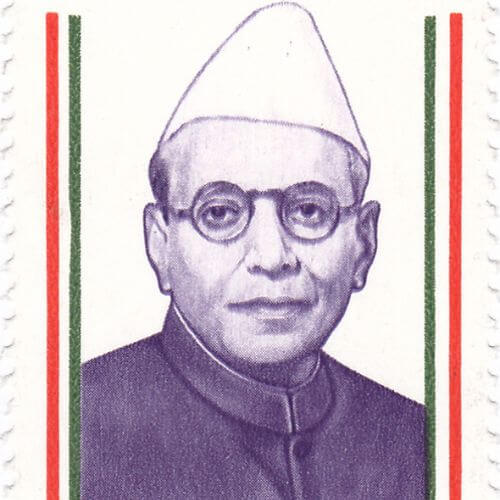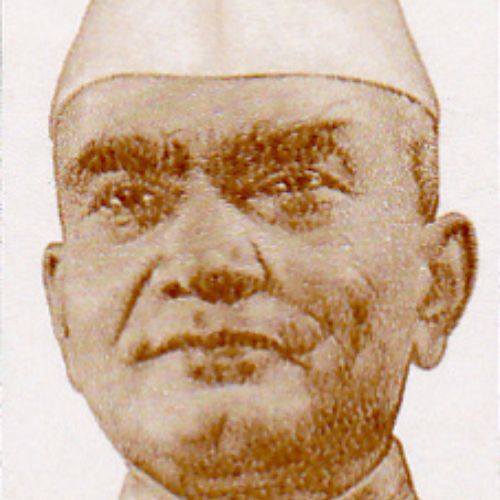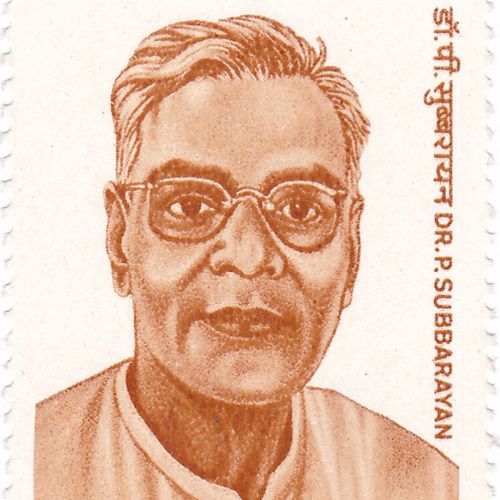The Union Constitution Committee and the Provincial Constitution Committee had previously decided, in a joint meeting held on 7 June 1947, that a Governor appointed by the Province and elected by a special electoral college would head each Province. On June 9, Sub-Committee I was appointed to discuss this matter and determine what special privileges should be granted to members of Provincial Legislatures.
Sub-Committee I, appointed by the Provincial Constitution Committee, convened on 10 June 1947 for approximately one hour to discuss the composition of the electoral college responsible for electing the Governor. The committee determined that the electoral college members would be elected during general elections based on the ratio of one elector for every 10,000 adults, and their tenure would extend until the next general election. Any election disputes would be resolved by the Supreme Court.
Additionally, the committee granted members of Provincial Legislatures the same privileges as those afforded to members of Parliament, as specified in the official memorandum on the Union Constitution.
The Constituent Assembly endorsed the principle of an elected Governor when presented with the report of the Provincial Constitution Committee in July 1947. However, two years later, the decision was revised in favor of a Governor nominated by the Union government. Jawaharlal Nehru argued in the Constituent Assembly that this would prevent friction within Provincial Governments and reduce separatist tendencies.
- The Framing of India’s Constitution 1966, Vol. 2 by Shiva Rao
- The Indian Constitution: Cornerstone of a Nation by Granville Austin



